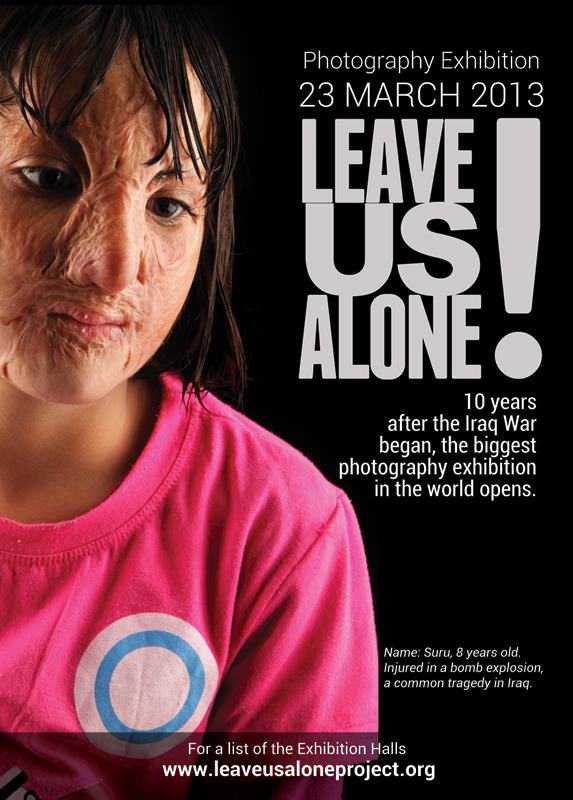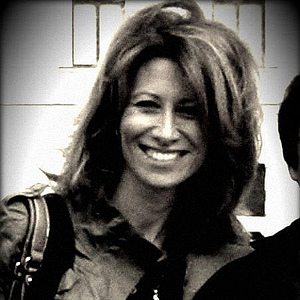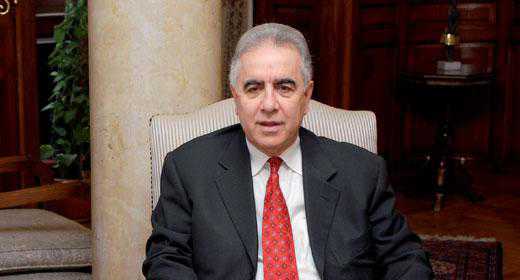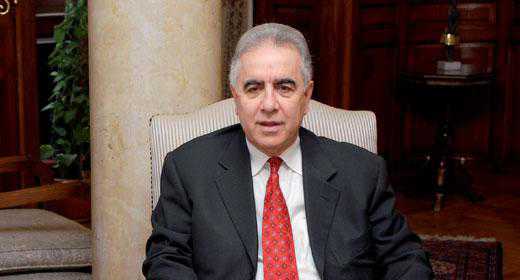
While Armenia is grappling with the fallout from the February 18 presidential voting and trying to accommodate a newly energized opposition, its two hostile neighbors, Azerbaijan and Turkey, are entangled in a feud with each other over the Armenian election.
A year ago, in a column titled, “Who Rules Turkey: Erdogan or Aliyev?” I expressed my astonishment that Turkey was allowing Azerbaijan to repeatedly interfere in its sovereign policies, as in the case of the Armenia-Turkey Protocols. Now there are two fresh examples of Azerbaijan’s unwarranted interference in Turkish decision-making.
No sooner had Turkish Airlines announced that it would distribute a copy of Agos, a bilingual Armenian-Turkish weekly newspaper to its international passengers, Fikret Sadikov, an Azeri professor and political analyst, objected to its dissemination, calling it an “absolutely absurd and irresponsible gesture.”
Sadikov also complained that Turkish President Abdullah Gul had sent a congratulatory letter to Pres. Serzh Sargsyan for his re-election. “Such steps would cause great sorrow both in Turkey and Azerbaijan,” Sadikov told Trend, an Azeri publication. Prof. Sadikov’s objection was part of a larger campaign orchestrated by Azeri leaders, accusing Turkey of undermining their efforts to pressure Armenia into making territorial concessions regarding Artsakh (Karabagh).
Here are some of the objections leveled at Pres. Gul by leading Azeri officials:
— “Turkey must clarify the issue of Turkish President Abdullah Gul’s sending congratulations to his Armenian counterpart Serzh Sargsyan,” stated Novruz Mammadov, chief foreign policy of Azerbaijan President.
— “This hurt us…. It is necessary to pay attention to the fact that no matter how many signs of politeness may be expressed to Armenia, it uses it for other purposes,” stated Oqtay Asadov, Speaker of Azerbaijan’s Parliament.
— “We didn’t expect this…. It is regrettable that the President of Turkey, a strategic partner of Azerbaijan, hastily congratulated Sargsyan, who was elected as a result of fraud,” stated Mubariz Gurbanli, member of Parliament and Deputy Executive Secretary of the ruling New Azerbaijan Party.
— “Turkish President Abdullah Gul’s sending of congratulations before the official announcement of the results is the wrong step. This is the continuation of Turkey’s zero-problem policy with neighboring states. But, actually this policy failed. With this policy, Turkey’s relations with most of the states in the region have become tense. Moreover, the Turkish President’s congratulations to Sargsyan contradict the interests of Azerbaijan. At a time when the international community is expressing views that an illegitimate government exists in Armenia, the Turkish government sealed the legitimacy of the Armenian leadership. This is wrong and regrettable,” stated Arif Hajili, Central Executive Board Member of Azerbaijan’s Musavat Party.
— “If someone thinks that Armenia and Armenians will give up the so-called genocide and territorial claims thanks to these steps, they are mistaken,” stated Gudrat Hasanguliyev, Chairman of the United Azerbaijan Popular Front Party.
— “Pres. Gul’s congratulations of Serzh Sargsyan was a hasty decision,” stated Nizami Jafarov, Parliament member and head of the working group on inter-parliamentary relations between Azerbaijan and Turkey.
— “This step will not gain Turkey positive assessment by the global community. Turkey can be sure of it. Congratulating Serzh Sargsyan was a hasty step. This is not in the national interest of either Azerbaijan or Turkey,” stated Parliament member Fazail Aghamali.
— “Serzh Sargsyan is Turkey’s enemy. He accuses Turkey of so-called Armenian genocide and makes territorial claims. It is not clear why Abdullah Gul decided to be one of the first to congratulate Sargsyan on his re-election. This is unacceptable,” stated Vafa Guluzade, foreign policy advisor to the former president of Azerbaijan.
Rather than lashing back at the undue Azeri interference in Turkey’s decisions, the Turkish Foreign Ministry sheepishly explained that Pres. Gul’s congratulatory letter to Pres. Sargsyan was “a diplomatic courtesy and a gesture of goodwill.” Gul had also congratulated Sargsyan’s first presidential election in 2008.
How long will the all-powerful Turkish government, which projects its political, economic, and military clout far and wide, tolerate Azerbaijan’s repeated interference in Turkey’s policies? When will Ankara dare to tell Baku to mind its own business and make it clear that Turkey will not subordinate its national interests to Azerbaijan’s self-centered wishes?
Armenia is fortunate that, while it is dealing with the repercussions of the presidential election, its two hostile neighbors, Azerbaijan and Turkey, are busy feuding with each other!


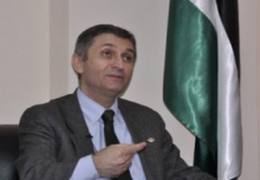
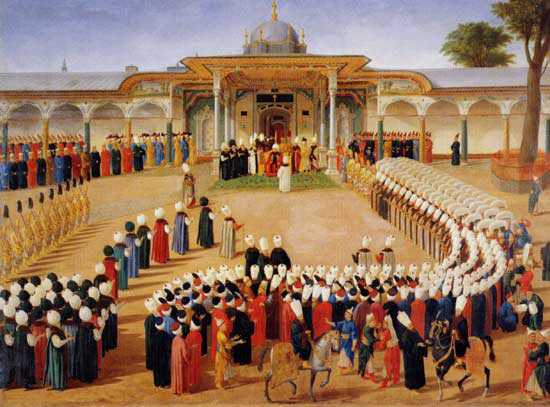
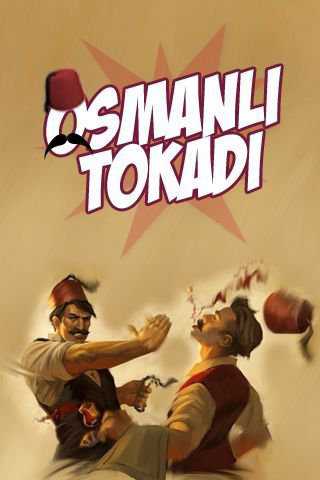 The “Ottoman slap” was a technique that was used by the Ottoman army when they were unarmed or attacked in order to stupefy the enemy by hitting with both sides of the hand. It is done by hitting the opponent with an unangled arm and hand, and a quick movement of the shoulder. It is usually done to both sides of the face and the nape of the neck. It could be lethal depending on the intenseness of the slap. In the Ottoman army, it was generally used in one on one, face to face struggles when the soldier lost or broke his weapon. In the Ottoman culture, the sides never “punched” one another and as punching could cause permanent injury on the face, it was the last resort and the one to take the first punch was always dispraised. Usually the elder one in the fight would warn the opponent with a severe slap that could be heard by everyone and this would usually be enough.
The “Ottoman slap” was a technique that was used by the Ottoman army when they were unarmed or attacked in order to stupefy the enemy by hitting with both sides of the hand. It is done by hitting the opponent with an unangled arm and hand, and a quick movement of the shoulder. It is usually done to both sides of the face and the nape of the neck. It could be lethal depending on the intenseness of the slap. In the Ottoman army, it was generally used in one on one, face to face struggles when the soldier lost or broke his weapon. In the Ottoman culture, the sides never “punched” one another and as punching could cause permanent injury on the face, it was the last resort and the one to take the first punch was always dispraised. Usually the elder one in the fight would warn the opponent with a severe slap that could be heard by everyone and this would usually be enough.
